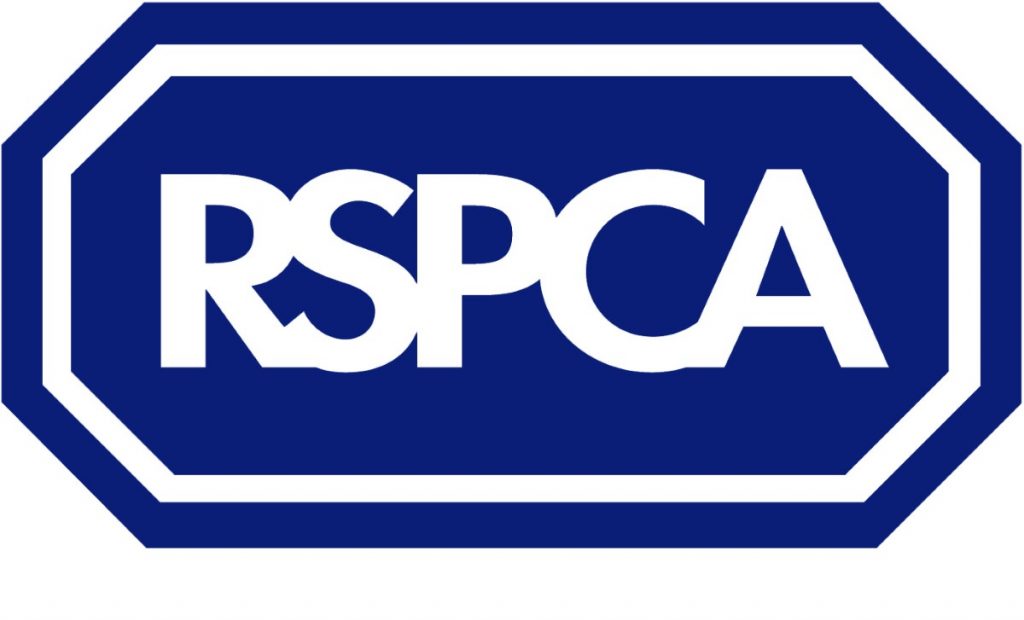RSPCA calls for the government to make tighter checks at ports
The RSPCA is calling on the government to make tighter checks at ports to stop international puppy traders abusing loopholes in the controls to bring in dogs to the UK.
The charity today launches a report which reveals there has been a rise in the risk of diseases such as rabies and parvovirus entering the country following the relaxation of quarantine rules in 2012.
In pushing at an open door – how the present UK controls on rabies are failing the RSPCA has detailed how puppy dealers are evading the controls on a widespread basis and there has been an increase in calls to the charity about illegal puppy trading.
The report also shows that border controls on dog imports and protecting the UK’s rabies free status needs to be regulated by the government and not left to the responsibility of ferry companies.
RSPCA Chief Veterinary Officer James Yeates said: 'If we want to protect the rabies free status of our country the Government needs to take very seriously the number of dogs being fraudulently smuggled in as pets from the continent and then sold commercially on the internet.
‘At present controls are in the hands of the tunnel and ferry companies. The decreased controls place an unfair burden on the ports.
‘Our rabies free status should not be left to a person working at a ferry company who is not experienced in what to look for as the Government's own figures clearly show this is not working.
'The huge rise in dogs being imported as pets since controls were relaxed shows how puppy dealers are evading controls and selling on dogs which can often be sick to unsuspecting buyers.’
Since January 2012 quarantine ceased for most dogs entering the UK for any non commercial purpose. A limit was set of five dogs per person to stop commercial traders taking advantage of the relaxed rules.
But it is now clear that many illegal dogs have been brought into Britain without the right documents, and are declared incorrectly as non commercial and then sold through the internet or are not being declared at all due to the lack enforcement at ports.
Dog and puppy imports from other countries under Pet Travel Scheme (PETS) rose by 82 per cent in the first year when controls were dropped new Government figures show and there was a huge spike in imports from certain countries.
For example, imports of dogs and puppies from Hungary rose in 2012 by 450 per cent, from Romania by 1150 per cent and from Lithuania by 507 per cent compared to the previous year. These are all countries with widespread puppy farming and all of which have rabies present, increasing the risk of the disease coming in to Great Britain.
The RSPCA’s Head of Public Affairs David Bowles said: 'Any animal that enters the country should be micro-chipped, vaccinated against rabies and be clearly identified on a pet passport, to comply with PETS.
“Puppy traders are evading controls by not doing this and the huge numbers of dogs being imported show the system is being abused. These dogs cannot all be personal pets as most human migration from countries in the east of Europe happened in 2004 and 2005.
“Although PETS exists to make it easier for people to travel abroad with their dogs
Puppy dealers have taken advantage of these loopholes by bringing in many popular breeds including French bulldogs and pugs from puppy farms in central Europe, saying they are personal pets and selling them online to unsuspecting buyers who are often left with large veterinary bills when the puppies become ill.”
To help the RSPCA investigate cases like this text HELP to 78866 to give £3 (Text costs £3 + one standard network rate message)
Please see our campaigns page www.rspca.org.uk/puppytrade where we are urging people to take action and contact DEFRA for better enforcement.
Notes to editors:
RSPCA investigations into the puppy trade in the UK confirm that controls are being evaded. In 2013 53,911 dogs were imported from 27 EU member states, in 2011 this number was around 27,000.
The RSPCA received 2,034 calls about puppy farms and trafficking from the start of 2013 up to the end of November. This compares to 1,678 in the whole of 2012, this is a rise of 21 per cent.
In September 2013 ten Maltese terriers imported from Holland and sold on the internet were discovered, during a check-up at the vets, to have invalid passports and no rabies vaccination. Two sadly had to be euthanized for their welfare and the others put into quarantine. The importer was given a two year conditional discharge and fined.
In November 2013 an RSPCA investigation found 41 dogs and puppies being sold in Manchester with 50 pet passports including at least six which had not been completed and had only veterinary stamps and rabies vaccine stickers but no date, owner or dog name. Many of the puppies had been advertised on the internet.
For more information and interviews, please contact the press office on 0300 123 0198
A full copy of the report can be found through www.rspca.org.uk/puppytrade
RSPCA, Wilberforce Way, Southwater, Horsham, West Sussex RH13 9RS
Press office direct lines: 0300 123 0244/0288 Fax: 0303 123 0099
Duty press officer (evenings and weekends) Tel 08448 222888 and ask for pager number 828825
Email: press@rspca.org.uk Website: www.rspca.org.uk
Freedom Food – the RSPCA's farm assurance and food labelling scheme – is
celebrating 20 years of improving the lives of farm animals!
Find out more: www.freedomfood.co.uk/anniversary
Royal Society for the Prevention of Cruelty to Animals registered charity no: 219099 Registered office: RSPCA, Wilberforce Way, Southwater, Horsham, West Sussex, RH13 9RS





-01.png)